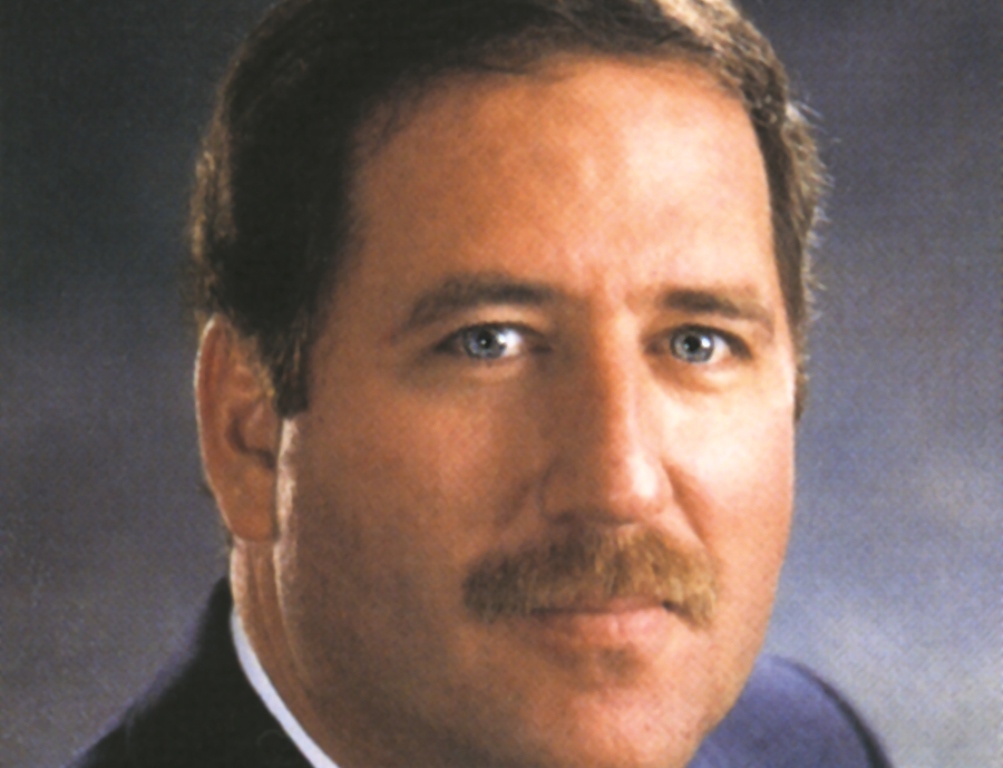We see it almost every day. Brick-and-mortar stores are closing and moving exclusively online. Is this the future of automotive sales? Are dealerships passé? No, especially not the good ones.
In March, Tesla announced it planned to close its stores and move to 100% online sales. Only 10 days later, the company changed its position, stating it will evaluate each site and keep some higher-producing stores open.
While not the exact model of a traditional dealership, this change underscores the need for consumers to learn firsthand about a vehicle and take it for a test drive before making what for most is a large financial obligation, regardless of the brand. For dealerships, it means sticking to the basics.
Don Hall, CEO of the Virginia Automotive Dealers Assn., echoed that feeling in a news article: “Though the franchise system is literally over 100 years old now, it has worked for a reason, not because we’re dinosaurs holding onto dinosaur practices. But more because a car is a huge purchase in one's life.”
David Whiston, an analyst from Morningstar, a global independent investment research company, shared this perspective with an automotive publication:
“If a consumer is really undecided between, say, a Tesla, an Audi and a Mercedes…that person may just prefer to go to the dealer and test drive something before signing a contract.”
So why do some dealerships fail? It’s simple, they fail to cover the basics and adequately take care of their customers. Period.
Our local food pantry was trying to find a new truck. They called and left a message for a manager at the local dealership, left their contact information and said they wanted to buy a truck.
Five days later, no one had called them back. Do you think the food pantry called the dealership a second time or went somewhere else?
If you ask dealership general managers today how much money they are spending on technology – CRM systems, online marketing, Internet tools – they can tell you almost immediately. And, they excitedly talk about all the features, bells and whistles.
But if you ask them how many customers came in yesterday, how many had been entered in their CRM system, how many bought a vehicle, how many left without purchasing and how many had been re-contacted within 24 hours, they can’t tell you.
Some dealers invest large amounts of money in technology only to dehumanized the experience. They inadvertently remove the human interaction that creates excitement and builds trust for the product, the dealership and the salesperson.
They focus on technology instead of implementing processes that build relationships with their customers to drive sales.
But, they need to invest more in their people.
Technology doesn’t sell vehicles, people do. Yet management usually has no idea what is going on in their stores. They don’t know how people are treated because they don’t shop their stores on a regular basis. They look at Internet inquiries, not at traffic. They haven’t found a way to connect their online presence with human interaction in the showroom.
Managers must educate and train their salespeople how to serve as product advisers who guide customers in finding the right vehicle, the one that meets their needs, wants and desires.
Managers must act as role models and show salespeople how to develop customer trust – for the dealership, the brand and themselves. They must hire and retain salespeople who are sincerely interested in listening, and in getting to know and help the customer.
They must develop processes that bridge human and technical interaction to nurture relationships in a structured and responsive manner.
An effective communication process should include scheduled touch points, as well as responsive communications triggered by events such as customer service appointments, questions and anniversaries of vehicle purchases and other milestones.
With the right skills and tools to communicate value, salespeople will be able to continue providing that value throughout the customer lifecycle.
Car buying is a personal experience. Dealerships that take care of customers will never become passé. It starts when management has a clear understanding what is going on.
Build a bridge between technology and human interaction, establish effective customer-centric processes and educate and train salespeople as product advisers.
When technology and people work together to provide the best customer experience possible, dealerships will continue to thrive.
They must invest in both technology and people. Having data is important. But using it effectively to help staff focus on the customer and create a positive experience is vital.
 Brick-and-mortar dealerships are here to stay, for a while longer, at least. (Wards Industry Voices contributor Richard Libin, left)
Brick-and-mortar dealerships are here to stay, for a while longer, at least. (Wards Industry Voices contributor Richard Libin, left)
Richard F. Libin has written two books, “Who Knew?” and “Who Stopped the Sale?” He is president of Automotive Profit Builders, working with both sales and service professionals to build customer satisfaction and maximize gross profits through personnel development and technology. Libin can be reached at [email protected], 508-626-9200 or www.apb.cc.





